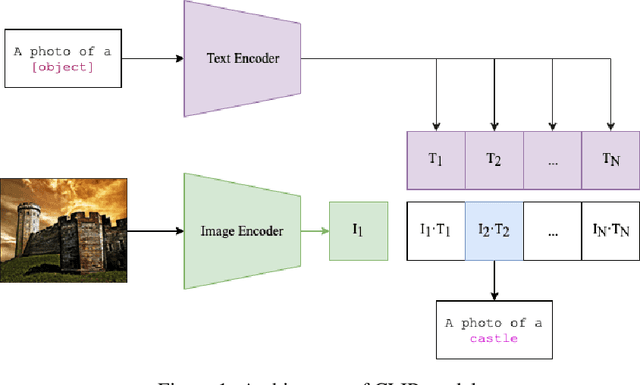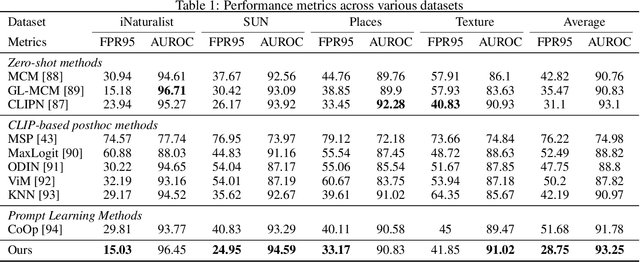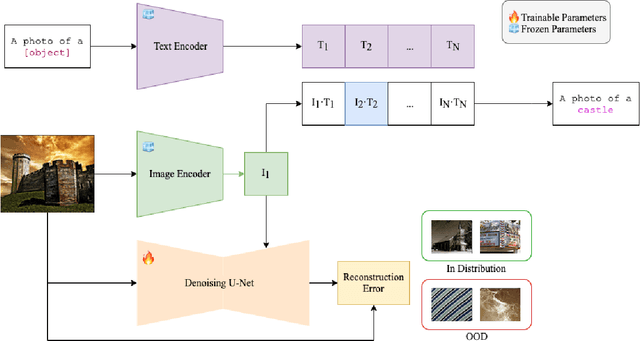Jiabei Liu
Prioritized experience replay-based DDQN for Unmanned Vehicle Path Planning
Jun 25, 2024



Abstract:Path planning module is a key module for autonomous vehicle navigation, which directly affects its operating efficiency and safety. In complex environments with many obstacles, traditional planning algorithms often cannot meet the needs of intelligence, which may lead to problems such as dead zones in unmanned vehicles. This paper proposes a path planning algorithm based on DDQN and combines it with the prioritized experience replay method to solve the problem that traditional path planning algorithms often fall into dead zones. A series of simulation experiment results prove that the path planning algorithm based on DDQN is significantly better than other methods in terms of speed and accuracy, especially the ability to break through dead zones in extreme environments. Research shows that the path planning algorithm based on DDQN performs well in terms of path quality and safety. These research results provide an important reference for the research on automatic navigation of autonomous vehicles.
Exploiting Diffusion Prior for Out-of-Distribution Detection
Jun 16, 2024


Abstract:Out-of-distribution (OOD) detection is crucial for deploying robust machine learning models, especially in areas where security is critical. However, traditional OOD detection methods often fail to capture complex data distributions from large scale date. In this paper, we present a novel approach for OOD detection that leverages the generative ability of diffusion models and the powerful feature extraction capabilities of CLIP. By using these features as conditional inputs to a diffusion model, we can reconstruct the images after encoding them with CLIP. The difference between the original and reconstructed images is used as a signal for OOD identification. The practicality and scalability of our method is increased by the fact that it does not require class-specific labeled ID data, as is the case with many other methods. Extensive experiments on several benchmark datasets demonstrates the robustness and effectiveness of our method, which have significantly improved the detection accuracy.
Utilizing Deep Learning to Optimize Software Development Processes
Apr 21, 2024Abstract:This study explores the application of deep learning technologies in software development processes, particularly in automating code reviews, error prediction, and test generation to enhance code quality and development efficiency. Through a series of empirical studies, experimental groups using deep learning tools and control groups using traditional methods were compared in terms of code error rates and project completion times. The results demonstrated significant improvements in the experimental group, validating the effectiveness of deep learning technologies. The research also discusses potential optimization points, methodologies, and technical challenges of deep learning in software development, as well as how to integrate these technologies into existing software development workflows.
 Add to Chrome
Add to Chrome Add to Firefox
Add to Firefox Add to Edge
Add to Edge